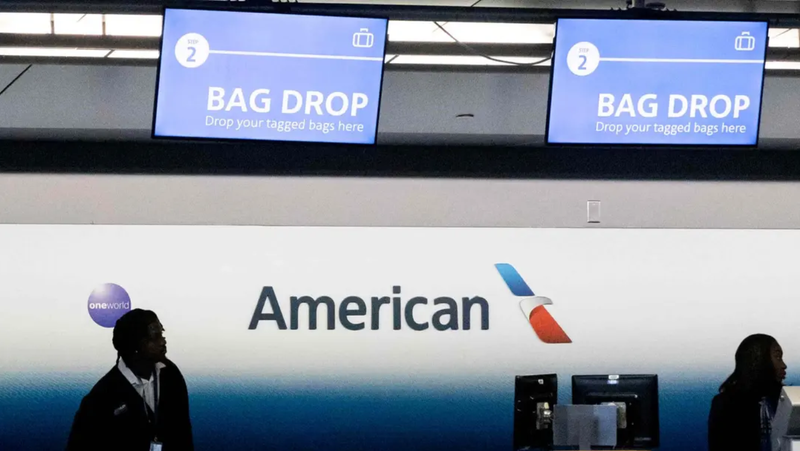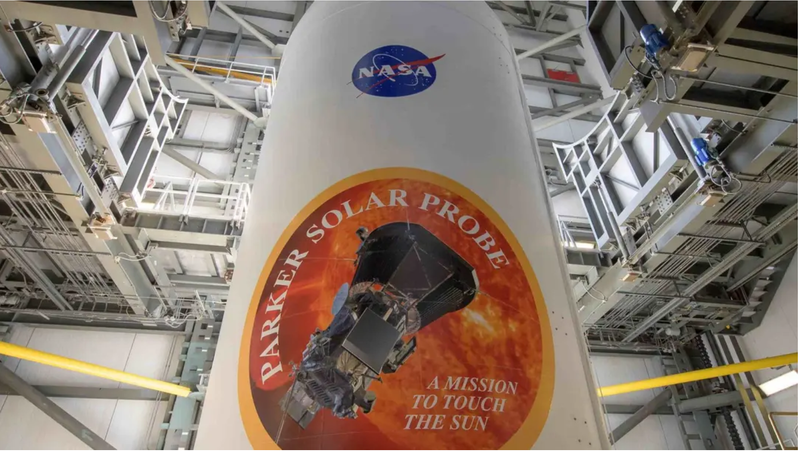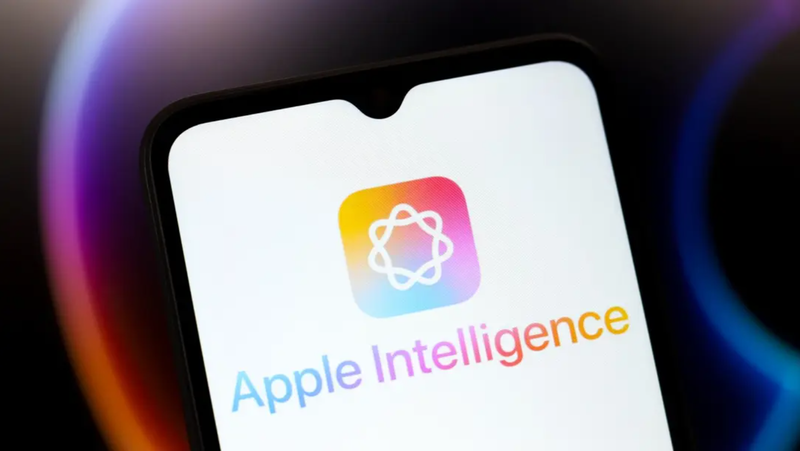Judge Rules 'Monopolist' Google Violated Antitrust Laws
A US federal judge on Monday called Google 'a monopolist,' ruling that the tech giant has violated US antitrust laws and that its online search dominance had created anticompetitive behavior....
0:00
/1861
Facts
- A US federal judge on Monday called Google 'a monopolist,' ruling that the tech giant has violated US antitrust laws and that its online search dominance had created anticompetitive behavior.[1]
- In what is being viewed as one of America's largest antitrust decisions in decades, Mehta also said that default distribution contracts with smartphone makers such as Apple meant Google enjoyed anticompetitive advantages over rival companies.[2][3]
- Mehta added that Google 'enjoys an 89.2% share of the market' for its online search services, which rises to '94.9% on mobile devices.'[4]
- The antitrust lawsuit against Google had been filed by the Justice Department in 2020 and the court trial took 10 weeks to be completed.[5]
Sources: [1]CNN, [2]Guardian, [3]Sky News, [4]Al Jazeera and [5]BBC News.
Narratives
- Narrative A, as provided by The Hill. Google's monopoly in search and advertising stifles competition and harms small businesses. Given its staggering market share of nearly 95% in search and 75% in online video, small businesses often pay for Google Ads that deliver questionable results, as they're plagued by bots and inflated metrics. This ruling will foster competition in the industry, ultimately benefiting consumers and the economy.
- Narrative B, as provided by Newsweek. Monday's antitrust ruling unfairly dubs Google a monopoly, ignoring the reality of intense competition in the search engine market. With over 30 search engines, including Yahoo! and Bing, and platforms like Amazon and TikTok vying for search traffic, Google's dominance is due to consumer preference, not anti-competitive practices. The claim that Google controls 90% of web searches overlooks the fact that users can easily choose other search engines.







